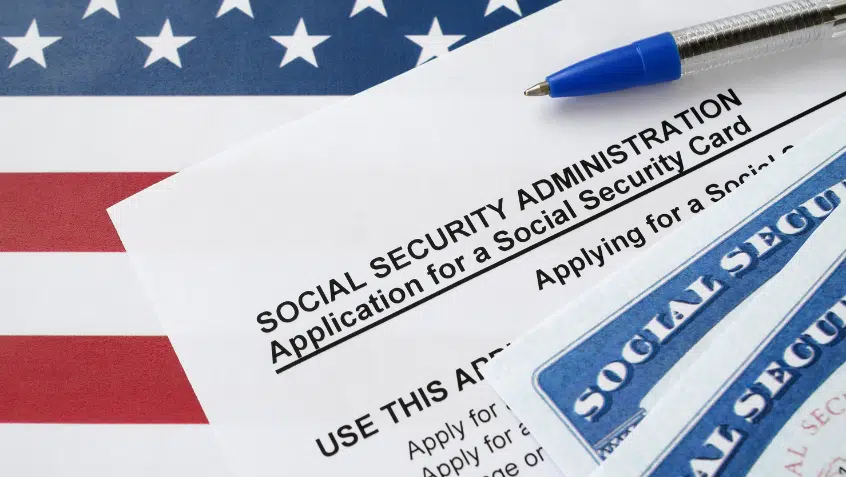Proposed Rules Would Improve Coverage and Care

Earlier this week, Medicare Rights submitted supportive comments on aspects of two proposed rules from the Centers for Medicare & Medicaid Services (CMS). The first, the Outpatient Prospective Payment System (OPPS) proposed rule, would clarify and improve access to Medicare for people leaving incarceration. The second, the Physician Fee Schedule (PFS), contains numerous incremental Medicare changes, including better coverage for medically necessary dental care.
As we highlighted previously, the OPPS proposal would narrow Medicare’s definition of “custody” to ensure that individuals who have been released from incarceration and have statuses such as probation, parole, or home detention can enroll in and get coverage from Medicare. The use of the current, overly broad definition is based on the presumption that people in these situations—who remain connected to the incarcerating entity but are not physically in a prison or jail—nevertheless receive health care services directly from that institution. In reality, this is not the case, and the definition therefore impedes access to care at critical times of transition. Medicare rights has consistently argued for CMS to adopt a more accurate definition that better reflects the experiences on the ground and ensures people have access to care.
Medicare also uses the current definition when determining eligibility for the Part B Special Enrollment Penalty (SEP) for people leaving incarceration. Created under the BENES Act, this SEP is intended to allow people who miss their Medicare Initial Enrollment Period or lose coverage while incarcerated to sign up for Medicare upon community re-entry. However, Medicare’s “custody” definition has gotten in the way. People who are on bail, probation, parole, home confinement, and other statuses and would otherwise qualify for Medicare have been unable to access the SEP, leaving them uninsured. Importantly, the proposed rule would also address this disconnect, improving timely coverage and access to care.
The PFS proposals are varied. We expressed our support for expanded hepatitis vaccine coverage for all unvaccinated beneficiaries; new codes in anticipation of Pre-Exposure Prophylaxis (PrEP) for Human Immunodeficiency Virus (HIV) Infection Prevention being added to the preventive services list; and greater access to audio-only telehealth services.
In addition, the PFS proposes to extend medically necessary dental coverage to dental care linked to dialysis services for people with End-Stage Renal Disease (ESRD). This would expand on existing coverage of medically necessary oral care related to organ and stem cell transplant surgery, cardiac valve replacement, valvuloplasty procedures, head and neck cancer treatment, as well as chemotherapy, chimeric antigen receptor (CAR) T-cell therapy, and high-dose bone-modifying agents used in the treatment of cancer.
Our comments are strongly supportive of these proposals across both rules, and we hope CMS will finalize them quickly, including technical suggestions we have offered to improve their impact and to ensure adequate education and smooth implementation.
Read the OPPS proposed rule and our comments.
Read the PFS proposed rule and our comments.
Read more about the custody definition, medically necessary dental care, and the proposed coverage of PrEP as a preventive service.
The Latest
Most Read
Trump Administration and Elon Musk’s DOGE Closing Social Security Offices, Harming Access to Services
Threats to the Social Security Administration and to Benefits Continue to Raise Alarm
New Resources Show House Budget Would Slash Medicaid, Despite Voters’ Support of Program
Federal Government Funding Decisions Loom
Add Medicare to Your Inbox
Sign up to receive Medicare news, policy developments, and other useful updates from the Medicare Rights.
View this profile on InstagramMedicare Rights Center (@medicarerights) • Instagram photos and videos









